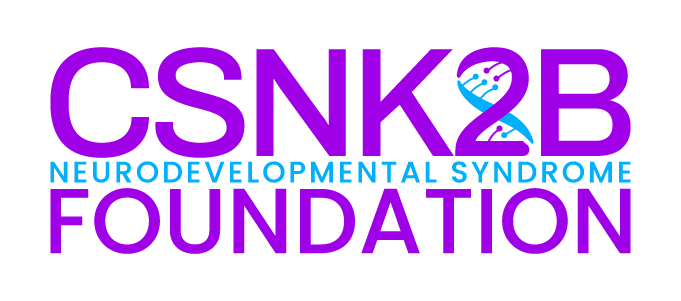
DONATE
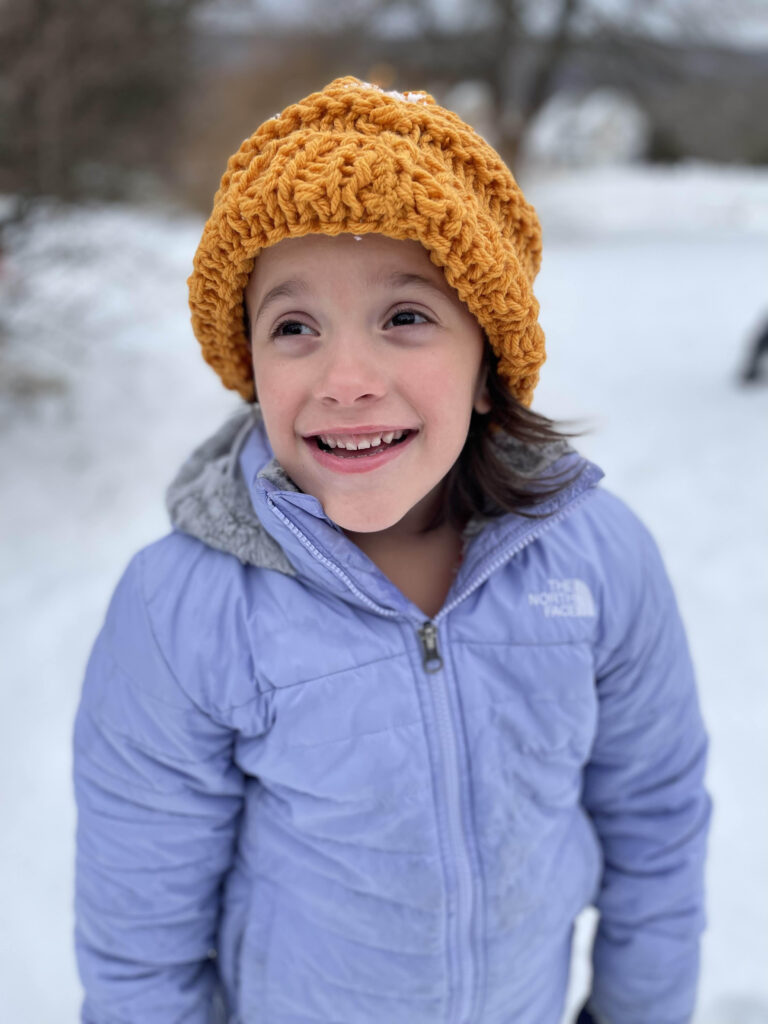

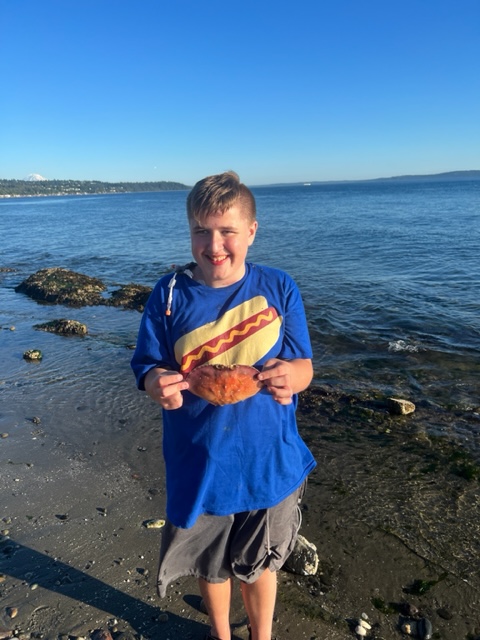
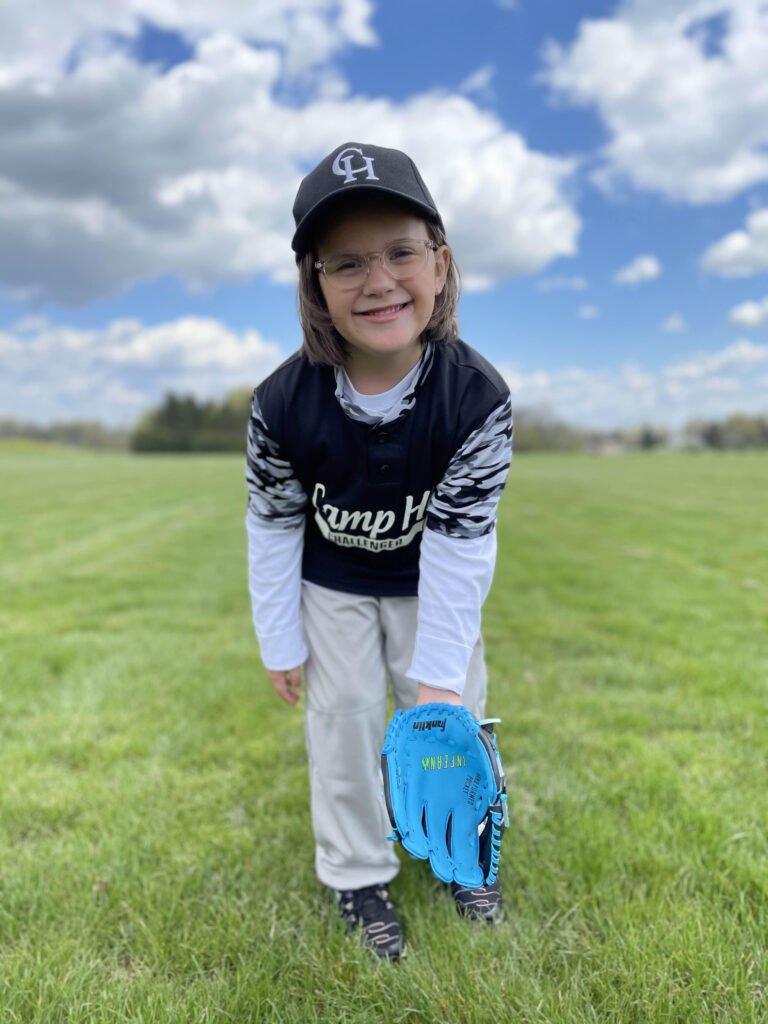
It is the mission of the CSNK2B Foundation to bring awareness and education to CSNK2B Neurodevelopmental Syndrome and to enrich the lives of those affected by accelerating research, treatments and by chasing a cure for CSNK2B.
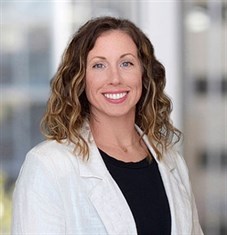
Denise Scott
Denise is a founding member and President of the CSNK2B Foundation. She is a mother to Reese, who was diagnosed with CSNK2B Neurodevelopmental Syndrome in 2018. After years of trying to determine the cause of her daughter’s seizures and delays, her family finally had a name for the condition. At the time, she and her husband were told their daughter was the 3rd case in the WORLD. The problem was there was only one case study on two patients and no other information or research reported. The hope for answers did not come with the diagnosis.
After finding several other parents through a Facebook support group, there was hope they could work together to get some answers for all CSNK2B families. There is power in numbers, and although the numbers are few, the love of a child is mighty. She was new to the world of rare disease but there were many already paving the way for other families and parents to have hope they could one day find a treatment and a cure for their child.
Denise resides in Lawrence, Kansas with her husband Brandon, daughter Reese, and two dogs Ruby and Bailey. She enjoys attending Kansas Baseball games, karaoke and dance parties with her daughter and spending time with family and friends.
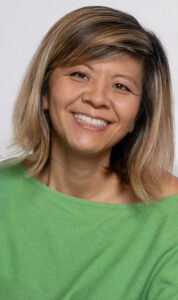
Didi Sun
Hi there! My name is Didi Sun, and I live in Los Angeles with my wonderful daughter, Luna, and my husband.
I love to travel and explore different cultures. During my younger years I did an around-the-world trip by myself and have lived in several major cities such as New York, Beijing, and Sydney.
However, my world changed forever when my daughter had her first seizure at 4 months old which started the diagnostic odyssey for us. Luna was eventually diagnosed with CSNK2B syndrome when she was just shy of 2 years old and our world has been turned upside down.
These days I don’t have a lot of free time to travel. My job, the foundation, and Luna’s daily therapies and doctor appointments keep me busy. I also spend a lot of time
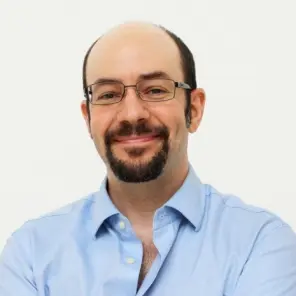
Tristan T. Sands, MD, PhD
Physician at Columbia Institute for Genomic Medicine
https://www.igm.columbia.edu/profile/tristan-t-sands-md
Dr. Sands is a pediatric and neonatal neurologist and epileptologist with clinical and research focus on seizures, epilepsies and developmental and epileptic encephalopathies resulting from genetic causes. His work has described how de novo KCNQ3 variants are responsible for a novel form of neurodevelopmental disability. His research into treatments for genetic epilepsies has demonstrated that benign neonatal seizures caused by mutation of the KCNQ2 and KCNQ3 genes show a universal response to carbamazepine and that early use of carbamazepine reduces the length of hospital admission for these newborns.

Marina Dutra-Clarke, MS, CGC
Genetic Counselor at UCLA
https://www.uclahealth.org/providers/marina-dutra-clarke
Marina Dutra-Clarke is a genetic counselor board certified by the American Board of Genetic Counseling and licensed in California. She received her Master’s degree in genetic counseling at the University of California, Irvine and received her bachelor’s degree in biological sciences from Rutgers, the State University of New Jersey. Before attending graduate school, she worked in the Breunig Laboratory at Cedars-Sinai where she investigated the molecular mechanisms of neural development and brain tumorigenesis as well as the development of novel glioma models in mice. Her role at UCLA has a focus on 22q11.2 deletion syndrome and general pediatrics.
© 2022 All Rights Reserved.